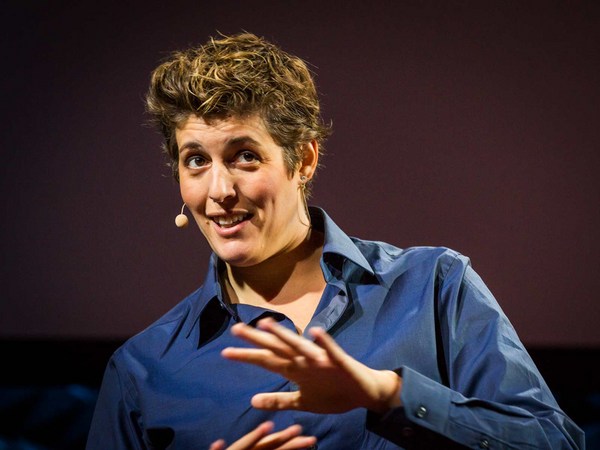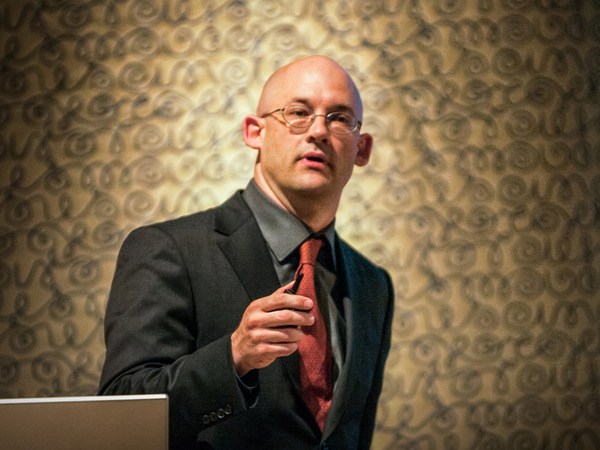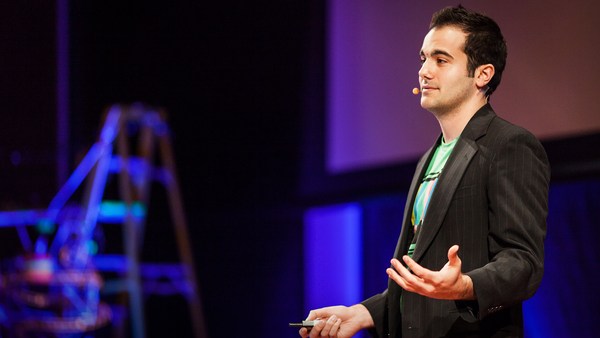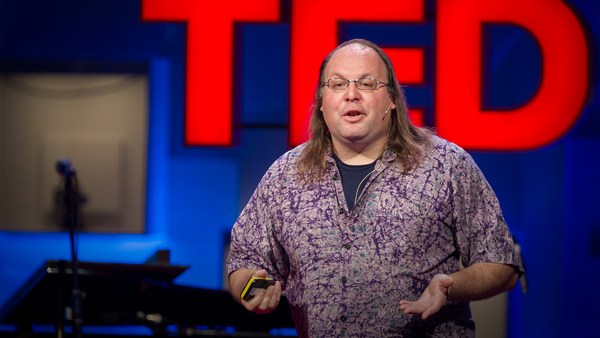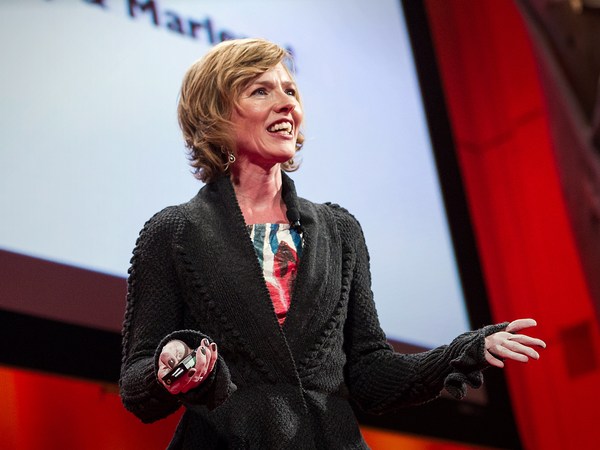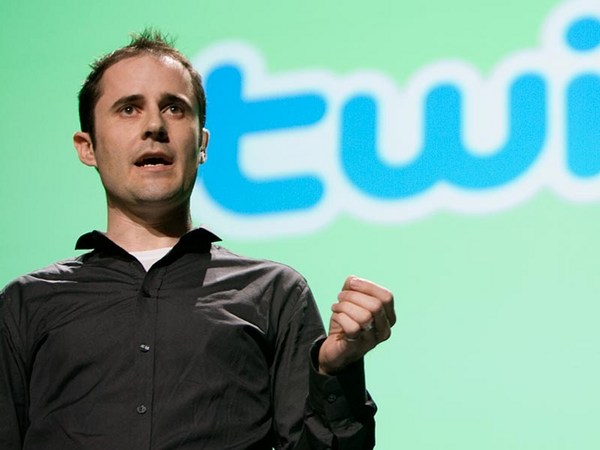So recently, some white guys and some black women swapped Twitter avatars, or pictures online. They didn't change their content, they kept tweeting the same as usual, but suddenly, the white guys noticed they were getting called the n-word all the time and they were getting the worst kind of online abuse, whereas the black women all of a sudden noticed things got a lot more pleasant for them.
Now, if you're my five-year-old, your Internet consists mostly of puppies and fairies and occasionally fairies riding puppies. That's a thing. Google it. But the rest of us know that the Internet can be a really ugly place. I'm not talking about the kind of colorful debates that I think are healthy for our democracy. I'm talking about nasty personal attacks. Maybe it's happened to you, but it's at least twice as likely to happen, and be worse, if you're a woman, a person of color, or gay, or more than one at the same time. In fact, just as I was writing this talk, I found a Twitter account called @SallyKohnSucks. The bio says that I'm a "man-hater and a bull dyke and the only thing I've ever accomplished with my career is spreading my perverse sexuality." Which, incidentally, is only a third correct. I mean, lies! (Laughter)
But seriously, we all say we hate this crap. The question is whether you're willing to make a personal sacrifice to change it. I don't mean giving up the Internet. I mean changing the way you click, because clicking is a public act. It's no longer the case that a few powerful elites control all the media and the rest of us are just passive receivers. Increasingly, we're all the media. I used to think, oh, okay, I get dressed up, I put on a lot of makeup, I go on television, I talk about the news. That is a public act of making media. And then I go home and I browse the web and I'm reading Twitter, and that's a private act of consuming media. I mean, of course it is. I'm in my pajamas. Wrong. Everything we blog, everything we Tweet, and everything we click is a public act of making media. We are the new editors. We decide what gets attention based on what we give our attention to. That's how the media works now. There's all these hidden algorithms that decide what you see more of and what we all see more of based on what you click on, and that in turn shapes our whole culture.
Over three out of five Americans think we have a major incivility problem in our country right now, but I'm going to guess that at least three out of five Americans are clicking on the same insult-oriented, rumor-mongering trash that feeds the nastiest impulses in our society. In an increasingly noisy media landscape, the incentive is to make more noise to be heard, and that tyranny of the loud encourages the tyranny of the nasty.
It does not have to be that way. It does not. We can change the incentive. For starters, there are two things we can all do. First, don't just stand by the sidelines when you see someone getting hurt. If someone is being abused online, do something. Be a hero. This is your chance. Speak up. Speak out. Be a good person. Drown out the negative with the positive. And second, we've got to stop clicking on the lowest-common-denominator, bottom-feeding linkbait. If you don't like the 24/7 all Kardashian all the time programming, you've got to stop clicking on the stories about Kim Kardashian's sideboob. I know you do it. (Applause) You too, apparently. I mean, really, same example: if you don't like politicians calling each other names, stop clicking on the stories about what one guy in one party called the other guy in the other party. Clicking on a train wreck just pours gasoline on it. It makes it worse, the fire spreads. Our whole culture gets burned.
If what gets the most clicks wins, then we have to start shaping the world we want with our clicks, because clicking is a public act. So click responsibly. Thank you.
(Applause)
